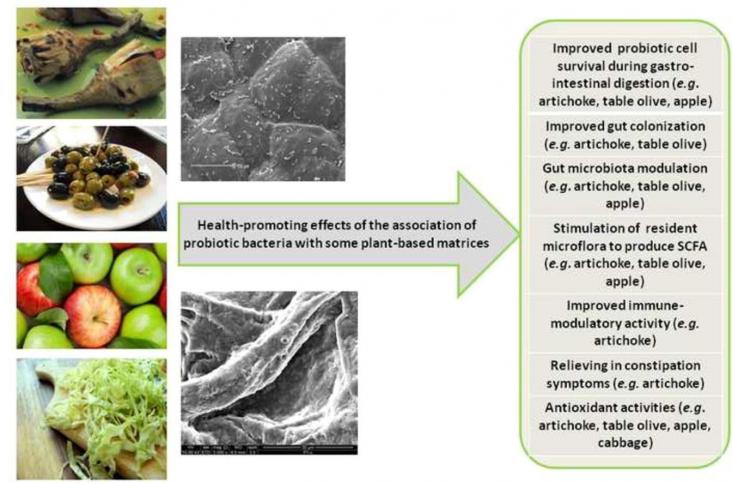
Plant-based meat analogs are likely to have different gastrointestinal fates than real meat products due to differences in their compositions and structures.
Using data from Eurobarometer 83.4, this study combines the two branches of research that address climate-related and biodiversity-related opinions and actions of individuals in the EU.
The global market for plant-based foods intended as alternatives to cheese products is increasing and will reach almost $4 billion by 2024.
Substitution of beef with alternative proteins is one practical trend taken by industry and consumers to reduce the negative impact of convenience products on the environment.

The performance of probiotic bacterial strains is influenced by the carrier food and its functional components which while buffering the probiotic through the gastro-intestinal tract, contribute to
Emerging Issues in Climate Smart Livestock Production, Biological Tools and Techniques, 2022, Pages 71-90



